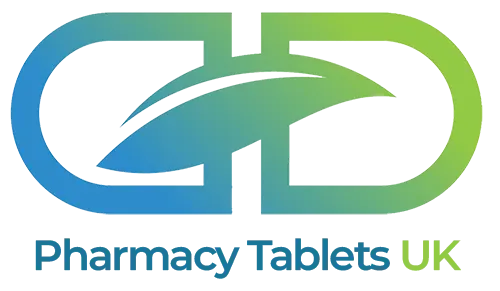No products in the cart.
Uncategorized
Controlling High Blood Pressure: Medication Choices Explained
High blood pressure, or hypertension, is a widespread health concern in the UK, affecting millions. If untreated, it can increase the risk of serious conditions like heart attacks, strokes, and kidney problems. Fortunately, there are several effective medications that can help manage your blood pressure and reduce these risks.
This post will explain the main types of blood pressure medications available in the UK, their benefits, potential side effects, and useful tips for sticking to your treatment plan. Whether you’re newly diagnosed or reviewing your current medications, understanding your options can empower you to take control of your health.
If you want to explore blood pressure medications online safely, visit Pharmacy Tablets UK, a trusted source for UK-licensed medicines.
Understanding High Blood Pressure and Its Risks
Blood pressure measures the force of blood pushing against the walls of your arteries. Normal readings are generally below 120/80 mmHg. When blood pressure consistently exceeds 140/90 mmHg, it’s classified as high.
Hypertension often develops quietly, with no obvious symptoms, but it silently strains your heart and blood vessels. Over time, this can cause serious health issues including heart disease, stroke, and kidney damage. This is why effective management is so important.
Types of Blood Pressure Medications
Doctors prescribe medications based on your individual health profile. Here are the main categories:
ACE Inhibitors such as lisinopril and ramipril work by relaxing blood vessels, making it easier for your heart to pump. These are especially beneficial for people with diabetes or kidney concerns. Side effects can include a persistent cough or dizziness.
Beta-Blockers like atenolol and bisoprolol reduce your heart rate and lower the force of heart contractions. These are often prescribed for patients with heart disease or those recovering from heart attacks. Some may experience fatigue or cold hands.
Calcium Channel Blockers, for example amlodipine, help relax arteries and improve blood flow. These tend to work well for older adults and individuals of African or Caribbean descent. Possible side effects include swelling around the ankles and headaches.
Diuretics, often called “water pills,” help your body eliminate excess salt and water, lowering blood volume and pressure. They’re commonly the first medication prescribed for hypertension. Side effects might include increased urination or electrolyte imbalances.
Combining Medications for Better Control
Sometimes, one medication isn’t enough. Your doctor may recommend combination therapy, where two or more drugs from different classes work together. This approach can improve blood pressure control and reduce side effects by allowing lower doses of each medicine.
Practical Tips for Medication Adherence
Taking your medication as prescribed is essential to managing blood pressure effectively. Here are some simple strategies to help you stay on track:
- Use a pill organizer or set daily reminders on your phone.
- Keep a blood pressure diary to monitor your readings and progress.
- Never stop or change your medication without consulting your healthcare provider—even if you feel better.
If you ever experience side effects or have concerns, discuss them with your doctor or pharmacist rather than discontinuing treatment on your own.
Supporting Medication with Healthy Lifestyle Choices
Medications work best when paired with positive lifestyle changes. Here are key habits to adopt:
- Eat a balanced diet low in salt and rich in fruits, vegetables, and whole grains.
- Engage in regular physical activity—aim for at least 150 minutes of moderate exercise weekly.
- Limit alcohol intake to recommended UK guidelines.
- Manage stress through mindfulness, yoga, or relaxation techniques.
For additional support with lifestyle management, you can find helpful products and guidance on the broader Pharmacy Tablets UK shop.
When to See Your Doctor
Regular check-ups are important to ensure your treatment is working and safe. Contact your healthcare provider if you notice any unusual symptoms such as dizziness, swelling, persistent cough, or if your blood pressure remains high despite medication.
You can also reach out directly to trusted pharmacies like Pharmacy Tablets UK for advice and support related to your medications.

